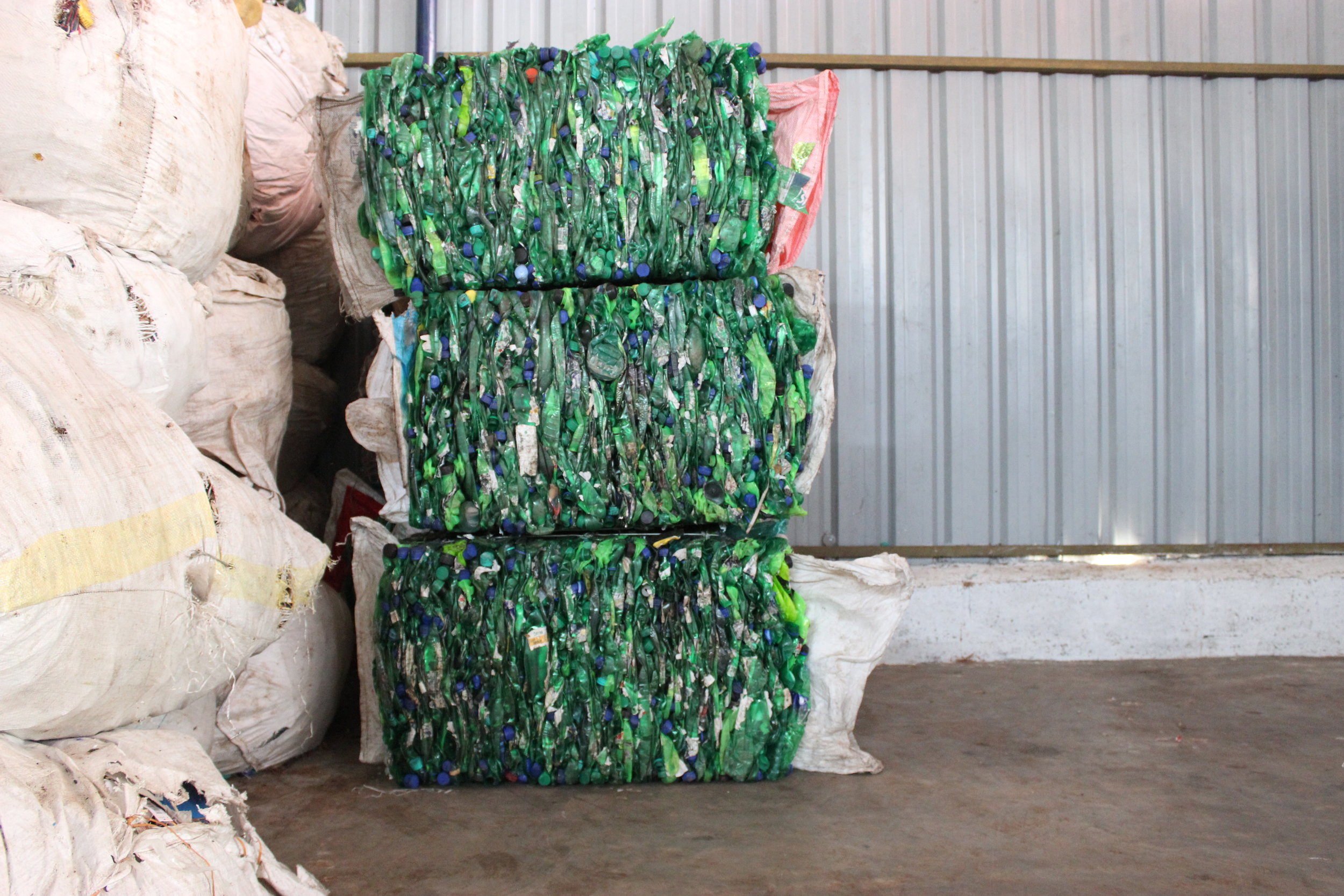Plastics waste management is a complex issue and the scope of the challenges is rather daunting. 150 million metric tons of plastics in the ocean today could grow to 250 million metric tons in less than a decade if immediate action isn’t taken.
Yet, there is tremendous progress being made. The practical implementation of effective waste management reduces plastics waste leakage, increases GDP, makes people healthier, creates jobs, and reduces emissions of toxins and carbon.
These five reports provide an in-depth overview of the global challenges and audacious solutions.
The informal recycling economy is a fundamental component of plastic waste management. This report outlines how the informal actors in developing countries have successfully built businesses on the collection, trade and recycling of plastic waste. This informal sector consists of small businesses and self-employed persons with little or no legal recognition and low capital investments.
Number 4: Toward circularity of post-consumer flexible packaging in Asia
This report attempts to highlight the challenges and opportunities in addressing concerns around postconsumer flexible packaging. Given the backdrop of poor waste collection infrastructure and limited recycling technologies, this report shares on-ground insights so as to influence directed solutions to the snowballing post-consumer flexible waste situation in Asia.
Number 3: Global waste management outlook
The GWMO is the first comprehensive, impartial and in-depth assessment of global waste management. It reflects the collective body of recent scientific knowledge, drawing on the work of leading experts and the vast body of research undertaken within and beyond the United Nations system. The six chapters inform the reader about trends, provide an analysis on governance and financial mechanisms, and offer policy advice on the way forward.
Number 2: The next wave - Investment strategies for trash free seas
This report provides a comprehensive analysis of the issue of plastic waste entering the ocean. This paper examines some of the solutions and technologies currently available and looks forward to establishing a framework to generate greater collaboration and innovation toward long-term solutions. The proposed interventions are built on robust science and the concerted efforts of individuals, businesses, governments and civil society organizations.
Number 1: The new plastics economy: rethinking the future of plastics
The report explores the intersection of these two themes, for plastics and plastic packaging in particular: how can collaboration along the extended global plastic packaging production and after-use value chain, as well as with governments and NGOs, achieve systemic change to overcome stalemates in today’s plastics economy in order to move to a more circular model?
If you found this post insightful, please share so that others can take part in the solution.












